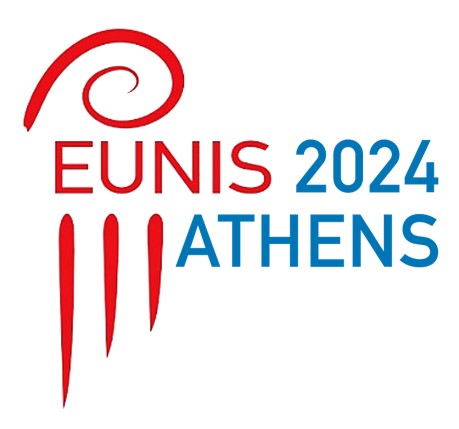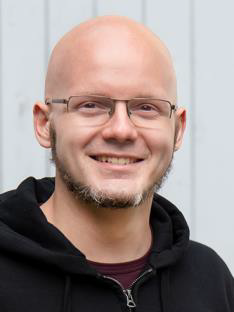This session consists of two presentations and a Birds of a Feather discussion.
Featured Speakers
Sonja Sipponen, CSC – IT Center for Science:
Research.fi – Finnish research portal #18
A great deal of research information is being collected and stored in numerous different locations, for example in international databases, in research
performing organisations’ systems (CRIS-systems), and research funding organisations’ registers. Locating and utilizing disintegrated pieces of information is difficult, and the lack of common data models or not linking metadata from various databases and information systems results in overlap and incomplete information entities. To overcome these challenges, the Finnish National Research Information Hub project was launched in 2017. As a result, Research.fi, a service collecting and disseminating information on research conducted in Finland, was opened to the public in 2020. At the moment the service contains information about the Finnish research system, publications by Finnish organisations, research data produced in Finland, projects funded by public and private research funders, information on researchers operating in Finland and their research activities, and statistical information on the development of research resources and impact.
Research.fi has four main functions: 1) introducing the Finnish research ecosystem and acting as an information base for science policy, 2) help making Finnish research and researchers more findable, 3) supporting the reuse of existing research information in other services and systems, and 4) supporting the meriting of researchers and increasing the visibility of their research output and activities.
Download the presentation
Marius Politze, RWTH Aachen University:
FAIR Digital Objects: FAIRtilizer for the Digital Harvest #22
FAIR Digital Objects (FDO) are a concept to transfer digital objects to the world of the FAIR principles (Findable, Accessible, Interoperable, Re-Usable) that form a common baseline for the handling of research data. Combined with an enterprise-ready cloud storage system, FDOs can be used to make these systems fit for purpose in the research data management (RDM) context. This allows profiting from scalability by connecting data spaces concepts defined in Gaia-x. The presented concepts are implemented based on a shared, geo-redundant storage system and within the research data management platform Coscine that is made available to researchers in the German federal state of North Rhine-Westphalia.
Download the presentation
Christian Hohenfeld, Nina Knipprath, Bert Zulauf and Marius Politze:
Measuring Stakeholder Interests and KPIs for Research Data Management Services #48
Offering research data management services at a higher education institution also comes with the need to justify the offering. Various stakeholders within the institution need to know whether the resources dedicated to running the service are worth it. Consequently, administrators of such services may be asked to provide numbers on usage. However, in an environment not strictly adhering to purely economic standards, providing meaningful numbers enabling informed decisions can be trickier than expected. In this bird of a feather session the hosts will begin with a brief presentation of their own approaches and issues relating to usage statistics, followed by an open discussion on both gathering of meaningful numbers and diverse interests of stakeholders that need to be addressed. The aim of the session is to identify common issues, generate adequate solutions and enable international collaboration on shared problems.
Download the presentation





